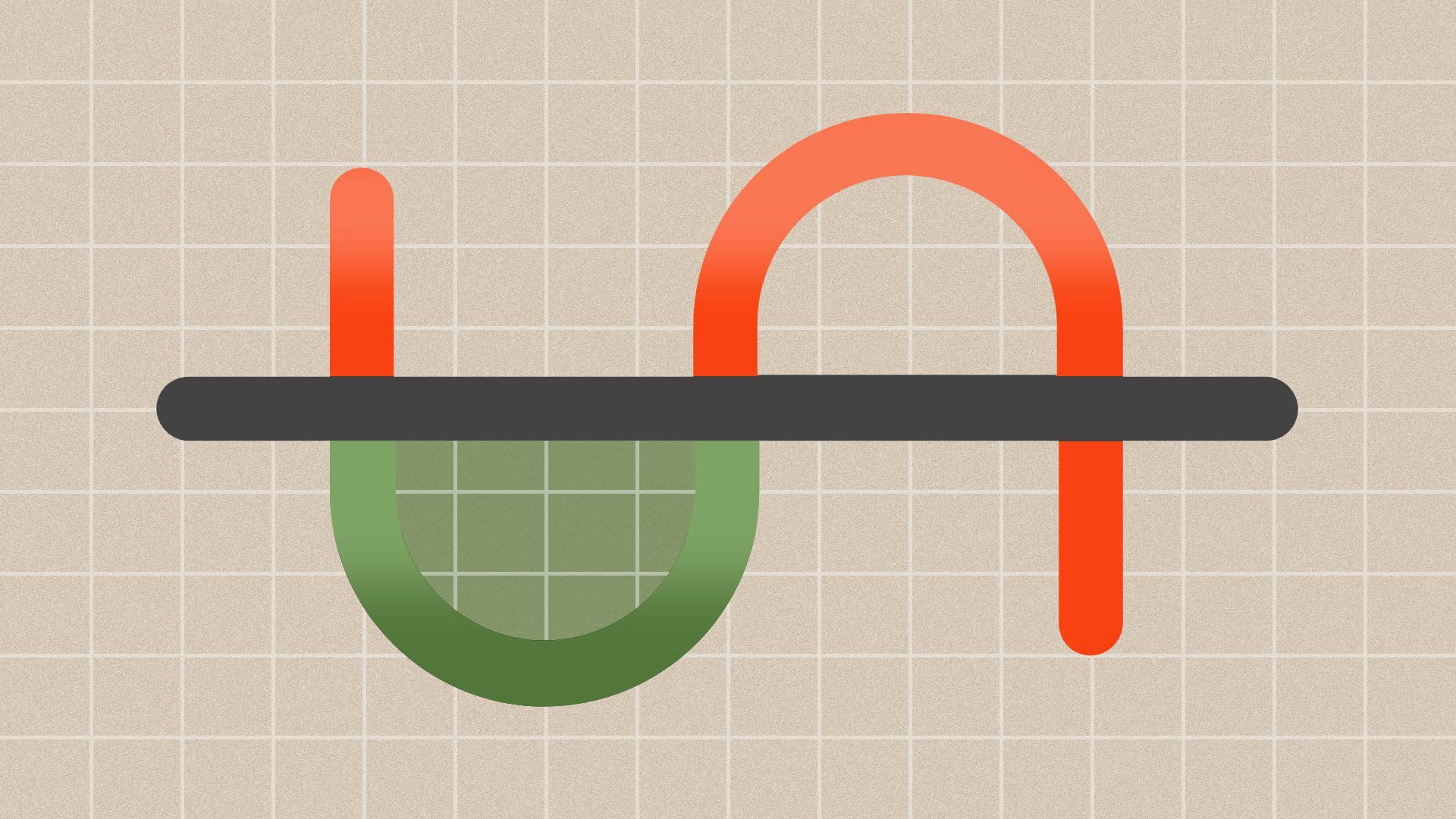Investors buy the trade war dip
Add Axios as your preferred source to
see more of our stories on Google.

Illustration: Sarah Grillo/Axios
Despite warnings from economists that the U.S-China trade war could cause a global economic recession, investors have been buying rather than selling.
What's happening: Both institutional investors and hedge funds have gone bargain-hunting in the weeks since President Trump reignited the trade war by increasing tariffs on Chinese imports to 25%. Investors remain largely convinced that the public squabble between the 2 countries is bluster, and that a deal is likely sooner rather than later.
Details: Bank of America-Merrill Lynch equity analysts said Tuesday its clients "bought the dip" for the second straight week, with $2.2 billion worth of cash flows to stocks, "which may suggest optimism that a deal will be reached and global growth will continue to recover," Jill Carey Hall, an equity and quantitative strategist at BAML, wrote in a note to clients yesterday.
- To wit, the bank's data shows 85% of investors expect a deal on trade while just 10% expect further escalation. Investors' survey responses imply only a 17% probability of a recession in the next 12 months.
The intrigue: Even at the height of selling, when the market sank 5%, investors were not panicking. Data from Deutsche Bank found that net long positions in equity futures — which were at the top of their historic range before the selloff — have only fallen modestly and remain above average levels.
- The selloff was even weak compared to traditional pullbacks after a long stock rally, like the one the U.S. market has seen for much of 2019.
- That leaves the market "vulnerable in the near term," Deutsche Bank Research strategist Parag Thatte said in a note.
But data shows that investor confidence may be misplaced, as tariffs are already starting to make an impact. Goldman Sachs analysts note that U.S.-China trade is showing significant slowing in items hit by initial tariffs on steel and aluminum imposed by Trump in early 2018.
Even so, fund managers remain bullish and hedge funds have significantly cut back on defensive positioning, Masanari Takada, a quantitative strategist at Nomura, said in a note to clients.
- "It would appear that the majority of hedge funds do not expect another sharp rise in volatility, and that they have concluded that the correction has run its course."
Go deeper: The world can't afford a trade war right now
